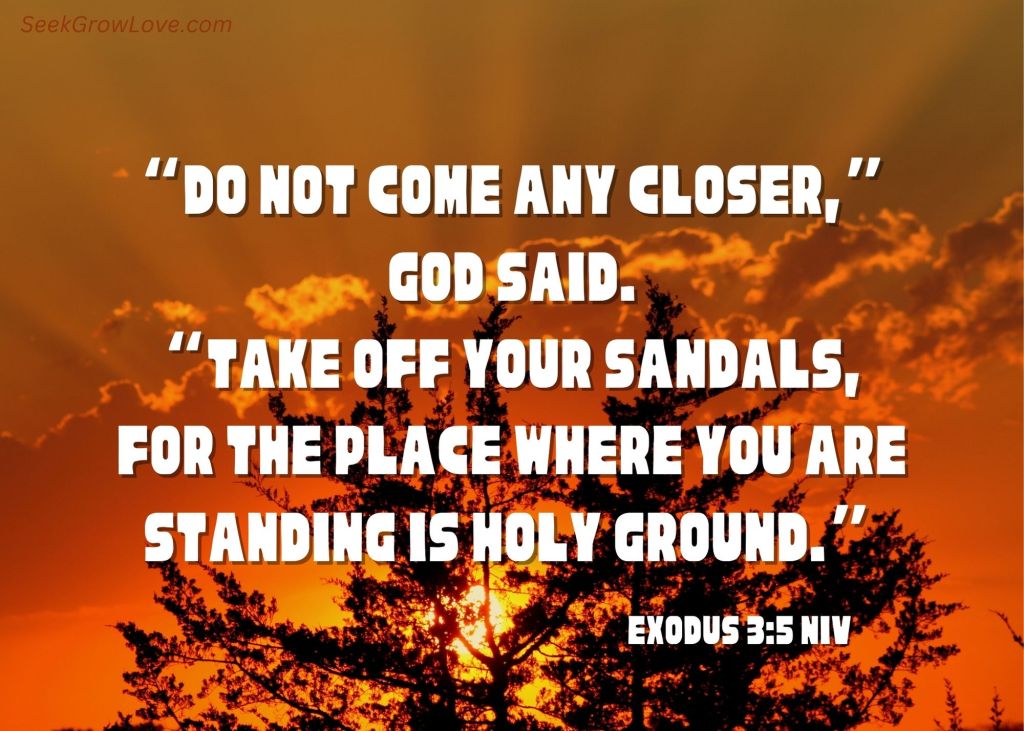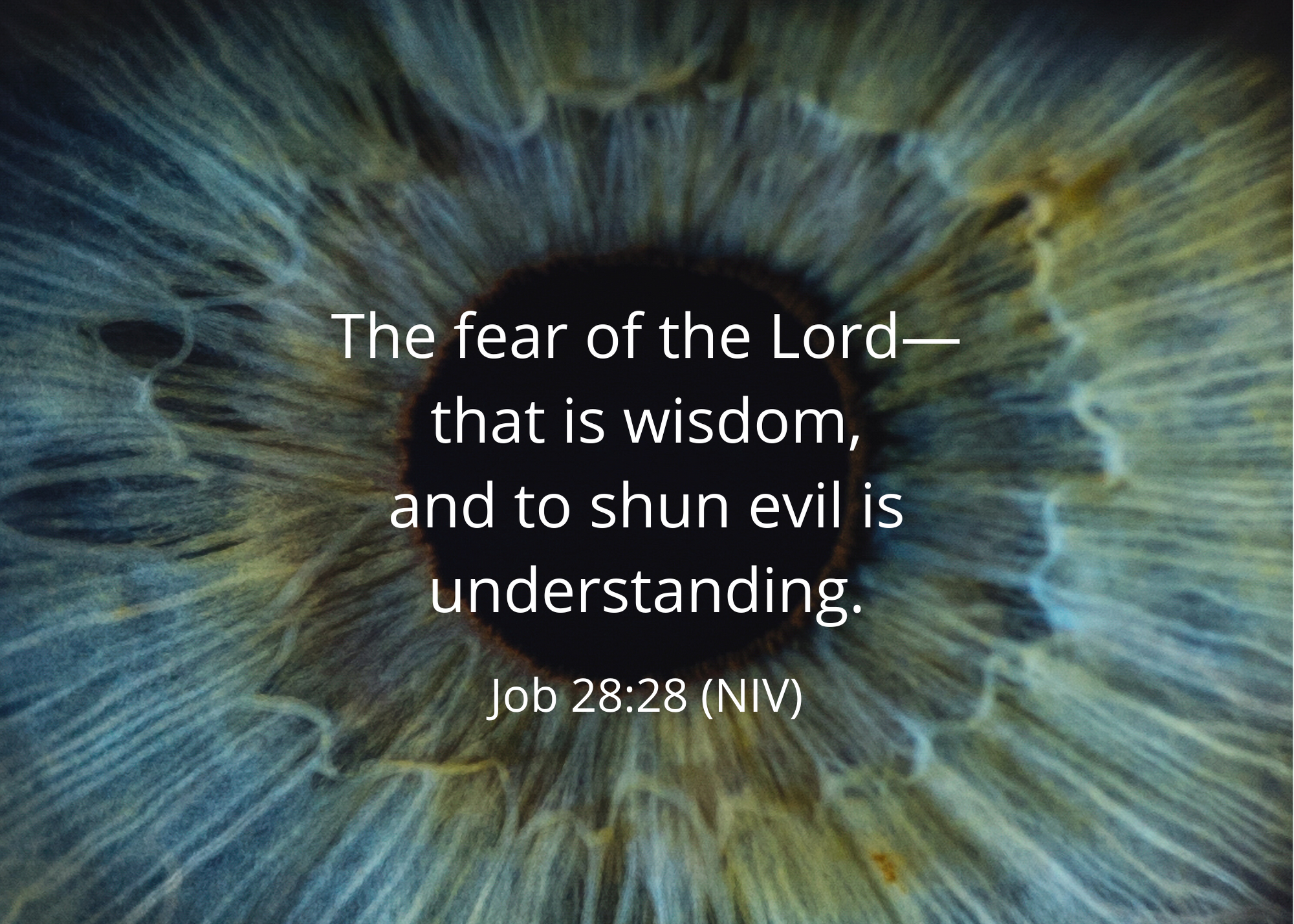
Judges 6-8
Can anyone guess what Piglet from Winnie the Pooh, the Lion from The Wizard of Oz, and Gideon from the Bible all have in common? Think as you scroll for the answer…
.
.
.
.
.
.
.
.
.
They are all famous for being fearful. What a fantastic claim to fame.
(…But honestly, that trio of cowards reminds me a lot of myself. How about you?)
In Judges 6, we find that the Israelites turned away from God again (no surprise there!) and were being severely oppressed by the Midianites. Their behavior kind of reminds me of school bullies times a thousand – school bullies steal your lunch; Midianites crushed their crops. School bullies force you to hide in lockers; Midianites drove the Israelites off their land to hide in caves. Starving, homeless, and desperate, the Israelites again cried out to God for someone to save them. So, God sent his angel to the most unlikely warrior: Gideon, the self-proclaimed least member of the weakest family in his clan.
The chapter opens to the scene of Gideon hiding in a winepress while threshing the wheat (to keep it away from the Midianite bullies, of course). Ironically, the first words the angel of the LORD said to Gideon were, “The LORD is with you, Mighty Warrior!”
I’m sure Gideon looked around to see if the angel was talking to someone else. Gideon, a mighty warrior? Gideon was full of questions, concerns, and doubts, asking for verification that he understood correctly that God had called him to defeat the Midianites. His first assignment was to tear down the idols (which Gideon did under the cover of night, of course, because he was afraid). Through sign after sign after tiring sign, God reassured Gideon that He really had called him to conquer Midian. Finally Gideon gained the courage to attack when he overheard a conversation among Midianites about their premonition that Gideon was going to conquer them. So Gideon’s miniscule militia, armed with (oddly enough) trumpets, jars, and torches, conquered the Midianites. There is a bit more conflict and idolatry in chapter 8, but overall, God’s people experienced 40 years of peace.
Gideon was not afraid to question God and ask for reassurance. God knows what we are feeling, and He wants us to bring our questions before Him. God was faithful and patient with his servant, encouraging Gideon with inexplicable reminders of His plan. “But you, O Lord, are a God merciful and gracious, slow to anger and abounding in steadfast love and faithfulness.” Psalm 86:15
I doubt that anyone would have labeled Gideon a warrior at the beginning of this story; he was a most unlikely hero. But that’s one of the beautiful things about our God: He has a way of ordaining the underdogs to do His most important work and calling them for it even before they look the part. God saw Gideon not for the milksop he was, but for the mighty warrior he would be with God’s power. God sees the potential in us, too, and he loves to use us through our weaknesses to demonstrate his power (I Corinthians 1:26-31). As the angel in this story advised, just “go in the strength that you have” (Judges 6:14).
-Rachel Cain
Reflections:
What are some ways that God has worked through your weaknesses for His glory?
Bring your doubts and questions before God, and ask Him to reveal Himself to you. He wants you to seek Him!
Be encouraged to seek God even in your doubts by listening to this song.









